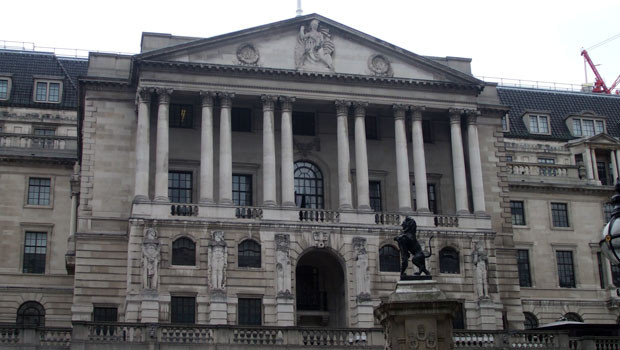Incoming MPC member says rate cuts are "the direction of travel"

Interest rate cuts by central banks across Europe is "the direction of travel", according to the incoming deputy governor of monetary policy at the Bank of England, though the timing for monetary easing is still uncertain.
Clare Lombardelli, the current chief economist of the OECD who will join the BoE this summer, told a House of Commons Treasury Committee hearing on Tuesday that monetary loosening was likely over the coming months but refused to predict when the first rate cut would cut.
“I’m not going to put a date on when I expect the UK to start the process of loosening monetary policy, but it clearly is the case that that will be the direction of travel for certainly for European economies,” Lombardelli said.
Lombardelli, who will be a voting member of the Monetary Policy Committee when she replaces Ben Broadbent in July, warned in a written submission to the Treasury Committee that inflation could prove to be "more persistent" than expected.
"Developments in the Middle East and disruption to shipping through the Red Sea could exert upward pressure on inflation in the near term. The quantities of goods being shipped through the Red Sea are down and shipping costs have more than doubled since the end of 2023. On energy, we saw in 2021 and 2022 how fast energy markets can be disrupted, with a direct impact on inflation.
"Energy markets are now much calmer, UK gas prices are near pre-pandemic levels, but with a quarter of global oil and gas trade passing through the Strait of Hormuz, this is a potential choke point in the event of escalation. So far there has been a limited impact on energy prices or inflation, but there are risks to activity and inflation in an adverse scenario," Lombardelli said.
Lombardelli added that "navigating policy through this uncertainty" is the BoE's key challenge for bringing inflation back to target sustainably and for growth in the near term.